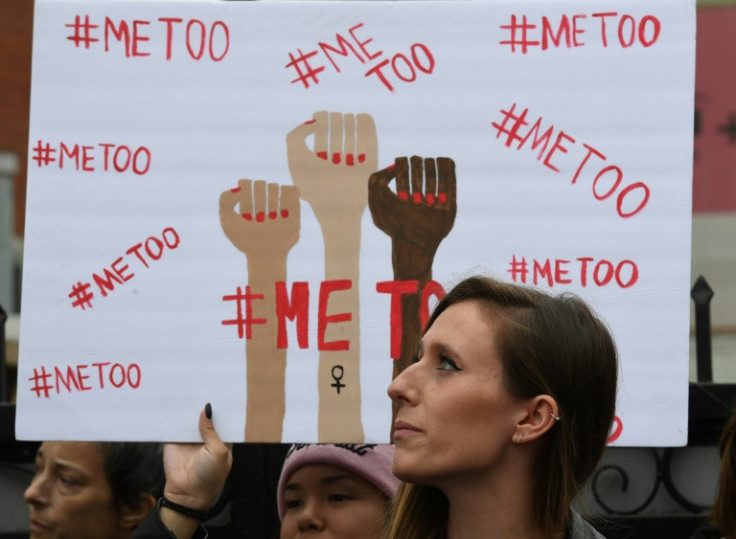
In a disturbing revelation, reports have emerged of children in British schools exploiting artificial intelligence (AI) tools to create indecent imagery of their peers.
The shocking misuse of technology has sparked widespread concern among parents, educators and authorities, prompting a closer examination of the ethical implications surrounding AI access and its potential repercussions on child safety.
The incidents, which have come to light in recent weeks, involve students using readily available AI software to manipulate images of their classmates in inappropriate and explicit ways.
The ease with which these tools can be accessed and utilised has raised questions about the responsibility of schools and parents in educating young individuals about the ethical use of technology.
Emma Hardy, Director of the UK Safer Internet Centre (UKSIC), expressed deep concern over the disturbingly realistic nature of the images.
"The pictures we are encountering are shockingly realistic, comparable in quality to professionally taken photographs of children captured annually in schools across the country," noted Hardy, who also serves as the Communications Director for the Internet Watch Foundation.
"The photo-realistic nature of AI-generated imagery of children means sometimes the children we see are recognisable as victims of previous sexual abuse.
"Children must be warned that it can spread across the internet and end up being seen by strangers and sexual predators. The potential for abuse of this technology is terrifying," she said.
The UK Safer Internet Centre (UKSIC), an organisation dedicated to child protection, emphasises the urgent need for schools to promptly implement improved blocking systems to prevent the circulation of child abuse material.
"The reports we are seeing of children making these images should not come as a surprise. These types of harmful behaviours should be anticipated when new technologies, like AI generators, become more accessible to the public," said UKSIC director, David Wright.
"Children may be exploring the potential of AI image-generators without fully appreciating the harm they may be causing. Although the case numbers are small, we are in the foothills and need to see steps being taken now – before schools become overwhelmed and the problem grows," added.
Education authorities across the UK are now grappling with the challenge of addressing this emerging trend and implementing measures to prevent the misuse of AI among school-age children.
The issue has prompted a broader conversation about the need for digital literacy education that encompasses not only the technical aspects of technology but also the ethical considerations surrounding its use.
The AI tools in question allow users to manipulate and alter images with a few simple clicks, making it accessible even to those with limited technical skills.
As a result, school pupils are using these tools to create explicit imagery of their peers, posing a significant risk to the mental and emotional well-being of the victims and creating a concerning environment within educational institutions.
Child protection advocates have called for urgent action to address the misuse of AI and to implement stringent measures that restrict access to such tools among school-age children.
The issue highlights the evolving landscape of technology and the challenges associated with safeguarding the digital well-being of young individuals.
In the United Kingdom, the possession, creation and distribution of imagery depicting child sexual abuse are illegal, irrespective of whether the content is AI-generated or photographic.
This legal framework extends to include even cartoon or less realistic depictions.
Recently, the Internet Watch Foundation sounded an alarm, cautioning that AI-generated images depicting child sexual abuse were posing a significant threat to the internet.
The increasing realism of these images has reached a point where they are virtually indistinguishable from authentic content, a concern echoed by trained analysts in the field.
The government's review aims to assess the availability of AI tools within educational environments, evaluate the effectiveness of existing digital literacy programs and propose measures to enhance the ethical use of technology among students.
It is expected to involve input from educators, child protection experts and technology specialists to formulate a comprehensive strategy that addresses the root causes of the problem.
In addition to government initiatives, schools are being urged to strengthen their educational programs on digital ethics, emphasising the responsible use of technology and the potential consequences of misusing AI tools.
Parents, too, are encouraged to engage in conversations with their children about the ethical use of technology and monitor their online activities to ensure a safe digital environment.
As the investigation unfolds, the revelations about the misuse of AI tools among UK school pupils serve as a stark reminder of the evolving challenges in the digital age.







